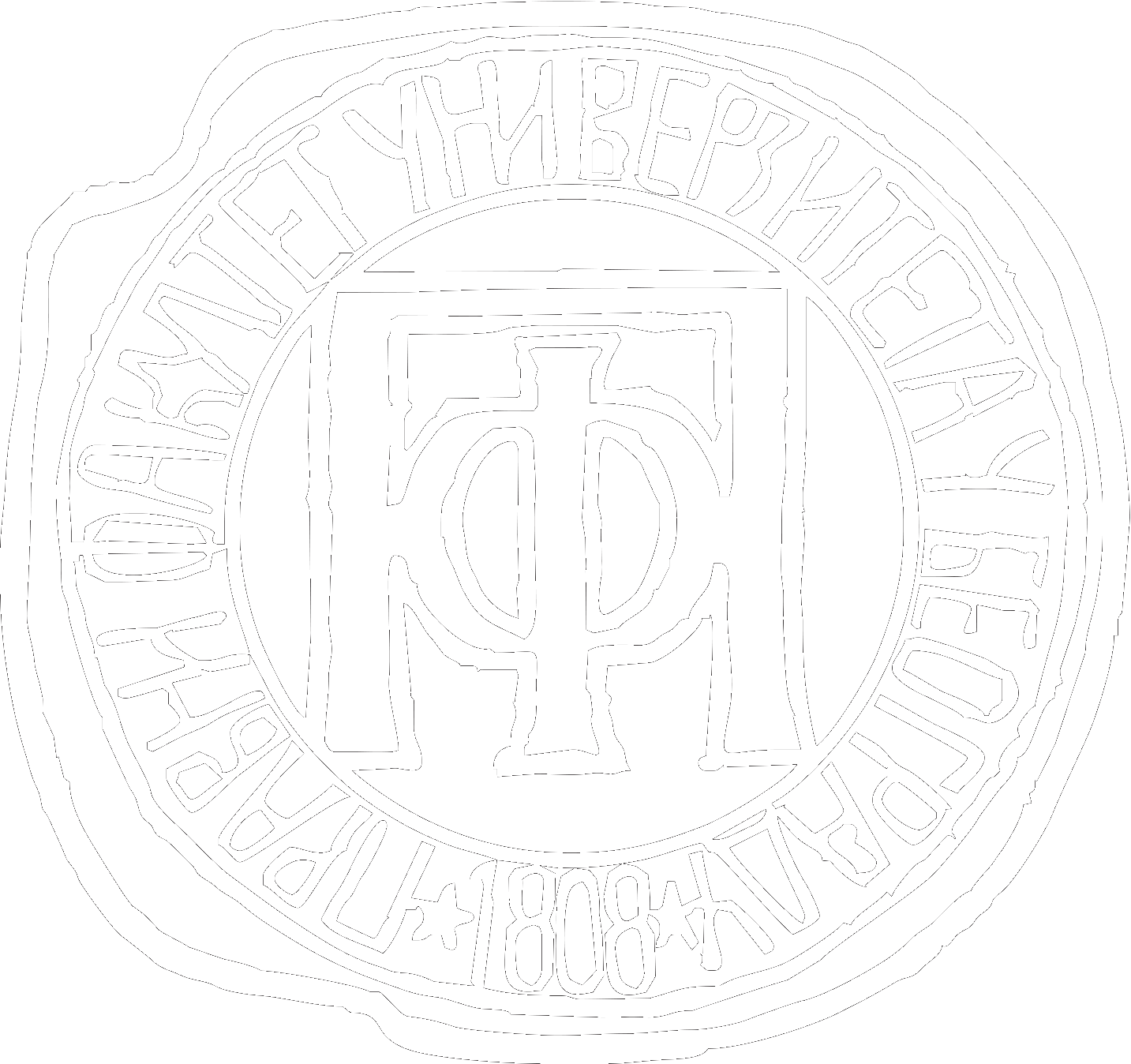Discourse on modern terrorism
DOI:
https://doi.org/10.5937/crimen2103309IKeywords:
discourse; perception; modern terrorism; fear; stereotypesAbstract
In this paper author discusses the characteristics of discourse on modern terrorism. When it comes to the terrorism ordinary people gain knowledge mostly through media. The influence of specific image of terrorism is not limited to citizens who live in countries which faced with a terrorist threat or concrete attack but goes further to the different part of the world, some of them very far from the possibility of terrorist attack. Demystification of discourse on modern terrorism begins with analysis of the phenomenological dimension of modern terrorism, in terms of being defined and assigned. We can talk about two different approaches: older and newer, in understanding the terrorism. The new approach gains momentum with the events of 11 September and took shape after similar events on European continent. At the core of understanding of modern terrorism is the discourse on religious-based Islamic terrorism. Specific discourse on modern terrorism affects how it is understood by the general public, and it influences, in particular, the creation of stereotypes about a modern terrorists and the spread of fear of terrorism. The formation and maintenance of stereotypes about modern terrorism, which emphasizes the role of Islam and members of the Islamic community in planning and carrying out terrorist actions, creates a growing gap among people, especially in countries affected by terrorist attacks. The discourse on modern terrorism also implies an appropriate perception of the risk of terrorism all over the world. From that point of view risk of terrorism is real and constant. Similar situation is in Serbia and in that sense the results of limited research about perception of terrorism in Serbia presented in work show to a certain extant the existence of such global influence.
Downloads
References
Kaufman, S. B., and H. Niner. 2019. "Muslim Victimization in the Contemporary US: Clarifying the Racialization Thesis." Critical Criminology 27: 485–502. https://doi.org/10.1007/s10612-018-09428-2
Kleemans, E. R. 2008. "Terrorism, Organised Crime and European Criminology." European Journal of Criminology 5 (1): 5–12. https://doi.org/10.1177/1477370807084222
Köhalmi, L. 2016. "Terrorism and Human Rights." Journal of Eastern-European Criminal Law 1: 159–165.
La Free, G., and L. Dugan. 2009. "Research on Terrorism and Countering Terrorism." In Crime & Justice: A Review of Research, Vol. 38, 413–478. https://doi.org/10.1086/599201
Maluf, A. 2016. Ubilački identiteti [orig. Maalouf, A. Les Identités meurtriéres]. Beograd: Laguna.
McMullan, L. J. 2006. "News, Truth, and the Recognition of Corporate Crime." Revue canadienne de criminologie et de justice pénale 48 (2): 905–939. https://doi.org/10.3138/cjccj.48.6.905
Mucchielli, L. 2011. L’invention de la violence: Des peurs, des chiffres et des faits. Paris: Librairie Arthéme Fayard.
Mythen, G., and J. Walklate. 2006. "Communicating the Terrorist Risk: Harnessing a Culture of Fear?" Crime, Media, Culture 2 (2): 123–142. https://doi.org/10.1177/1741659006065399
Näsi, M., M. Tanskanen, J. Kivivuori, P. Haara, and E. Reunanen. 2020. "Crime News Consumption and Fear of Violence: The Role of Traditional Media, Social Media, and Alternative Information Sources." Crime & Delinquency: 1–27. https://doi.org/10.1177/0011128720922539
Nellis, M. A., and J. Savage. 2012. "Does Watching the News Affect Fear of Terrorism? The Importance of Media Exposure on Terrorism Fear." Crime & Delinquency 58 (5): 748–768. https://doi.org/10.1177/0011128712452961
Oswald, D. L. 2005. "Understanding Anti-Arab Reactions Post-9/11: The Role of Threats, Social Categories, and Personal Ideologies." Journal of Applied Social Psychology 35 (9): 1775–1799. https://doi.org/10.1111/j.1559-1816.2005.tb02195.x
Roa, O. 2017. Džihad i smrt [orig. Roy, O. Le djihad et la mort]. Novi Sad: Akademska Knjiga.
Rothe, D., and S. L. Muzzatti. 2004. "Enemies Everywhere: Terrorism, Moral Panic, and US Civil Society." Critical Criminology 12: 327–350. https://doi.org/10.1007/s10612-004-3879-6
Simeunović, D. 2009. Terorizam. Beograd: Univerzitet u Beogradu – Pravni fakultet.
Svensen, L. Fr. H. 2008. Filozofija straha [orig. Svensen, L. Fr. H. Frykt]. Beograd: Geopoetika.
Tompson, K. 2003. Moralna panika [orig. Tompson, K. Moral Panics]. Beograd: CLIO.
Wilkinson, P. 2005. "International Terrorism: The Changing Threat and the EU’s Response." Chaillot Paper No. 84. Paris: Institute for Security Studies.
Williamson, H., and K. Murphy. 2020. "Animus Toward Muslims and Its Association with Public Support for Punitive Counter-Terrorism Policies: Did the Christchurch Terrorist Attack Mitigate This Association?" Journal of Experimental Criminology. https://doi.org/10.1007/s11292-020-09450-x.

Downloads
Published
How to Cite
Issue
Section
License
Copyright (c) 2022 Aleksandra Ilić

This work is licensed under a Creative Commons Attribution 4.0 International License.
The authors retain copyright and grant the journal the right of first publication, allowing others to share the work with proper attribution to the authors and acknowledgment of its original publication in this journal.










